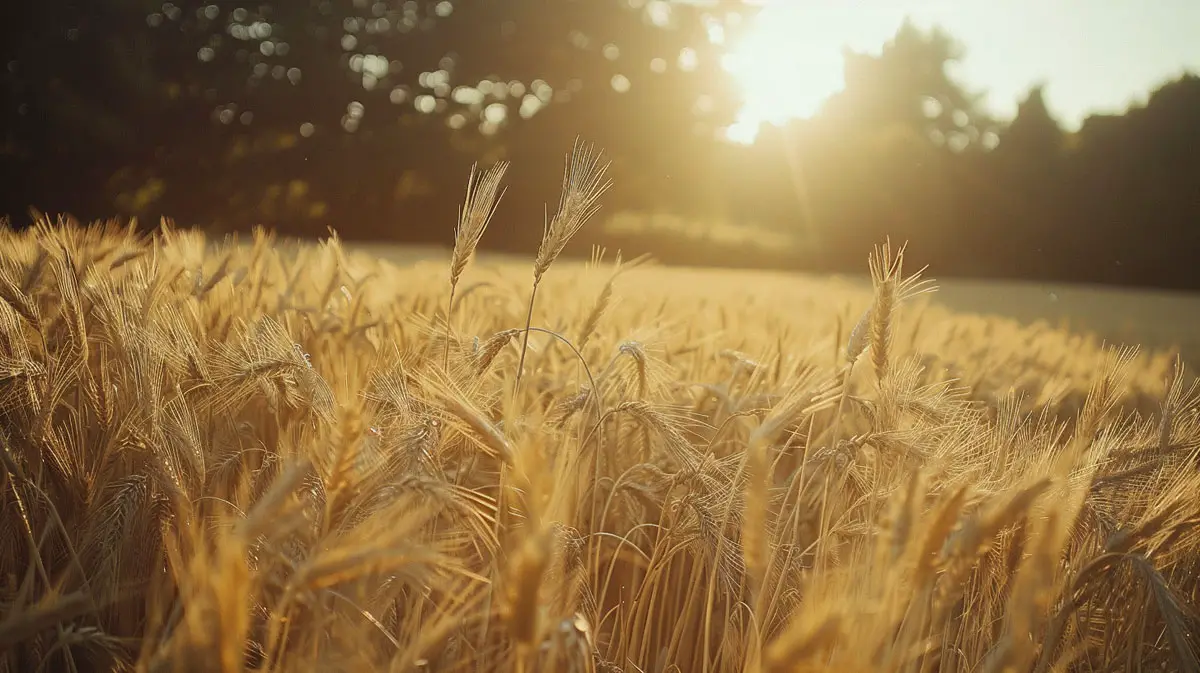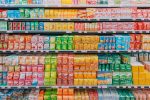How IoT is Transforming the British Agriculture Sector

The British agriculture sector, known for its high efficiency and innovation, is undergoing a significant transformation, thanks to the integration of Internet of Things (IoT) technologies. From dairy farms to flower fields, IoT applications are making farming smarter and more sustainable. This article explores how IoT is revolutionizing agriculture in the United Kingdom, focusing on connectivity solutions that are making these advancements possible.
Enhanced crop management
One of the primary benefits of IoT in agriculture is enhanced crop management. Sensors deployed across fields can collect data on soil moisture, nutrient levels, and weather conditions. The collected data is then processed and analyzed to produce watering and fertilizer application schedules, and optimal harvest times. By precisely managing these variables, farmers can significantly increase crop yields while conserving resources.
The use of unlimited data sim pay as you go, enables continuous data transmission from remote fields to central systems without worrying about exceeding data limits or unexpected costs. This seamless connectivity ensures that farmers have real-time access to crucial information that aids in decision-making processes.
Smart livestock farming
IoT technology also plays a pivotal role in livestock farming by improving animal health and productivity. Wearable devices for livestock, monitor vital signs like heart rate and activity levels, alerting farmers to any irregularities that might indicate illness or stress. Furthermore, these devices track livestock location, which is particularly useful for free-range farming conditions.
This approach not only helps in early detection of health issues but also optimizes breeding cycles and enhances overall farm efficiency. It is also an exemplary application of how continuous monitoring through IoT devices can lead to proactive rather than reactive management strategies.
Sustainable farm practices
Sustainability is a critical concern in modern agriculture and IoT offers compelling solutions to environmental challenges. For instance, precision farming techniques enabled by IoT reduce the need for water, fertilizers, and pesticides, minimizing runoff and lower ecological footprints.
Dutch farmers are at the forefront of using sensor-driven systems that ensure optimal plant growth while adhering to stringent environmental regulations. These practices not only save costs but also align with global sustainability goals, making Dutch products highly desirable on international markets.
Predictive analytics
Another key advantage of integrating IoT in agriculture is predictive analytics. By analyzing historical data collected through sensors alongside real-time environmental inputs, predictive models can forecast future patterns and such expertise can prevent yield losses due to unexpected weather events or pest infestations. This proactive approach is instrumental in mitigating risks associated with agriculture investments.
In conclusion, IoT technologies have become indispensable in modernizing the British agriculture sector. They enable smarter strategies that boost productivity while ensuring sustainability — a vital balance for the future of farming. Connectivity solutions like unlimited data sim pay as you go plans and robust IoT sim card networks are central to this technological evolution, underscoring their importance in achieving the next level of agricultural efficiency.
The UK continues to embrace these innovative tools with open arms, setting a benchmark for others in harnessing the full potential of digital transformations in agriculture—a forward-thinking approach driven by precision, sustainability, and informed decision-making.










